Physical Address
304 North Cardinal St.
Dorchester Center, MA 02124
Physical Address
304 North Cardinal St.
Dorchester Center, MA 02124
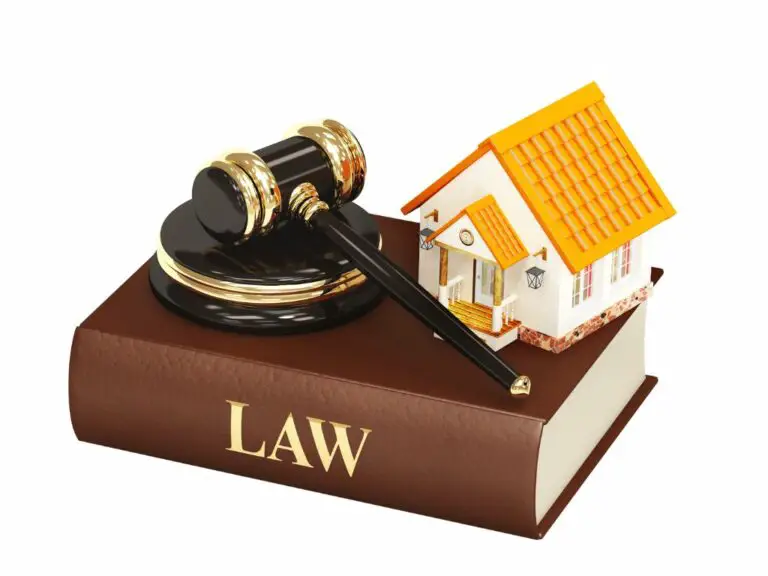
A mortgage is a legal agreement that gives the lender the right to take ownership of the borrower’s property if the borrower fails to repay the loan. When you take out a mortgage, you sign a promissory note agreeing to repay the money you borrow, plus interest, according to an…
Yes, a bank can act as a mortgage broker. While banks typically serve as direct lenders, some offer brokerage services by working with outside wholesale lenders to find loans for borrowers. These banks analyze the borrower’s situation, shop rates from…
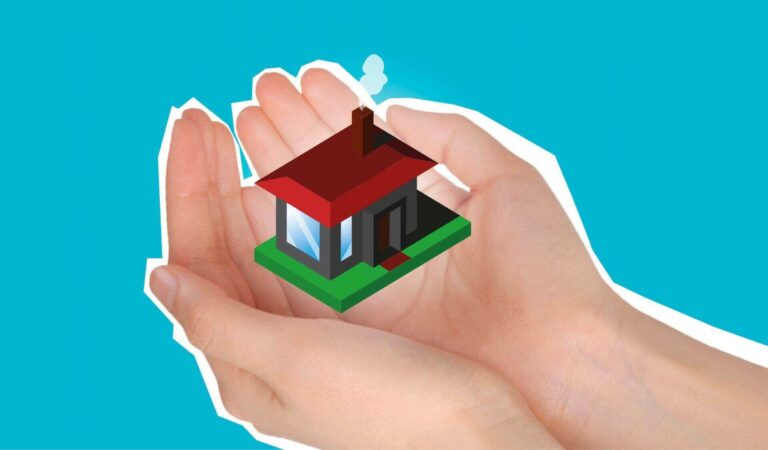
Yes, a home equity loan can be called by the lender, requiring immediate repayment of the outstanding balance. This action can be triggered by scenarios such as default on payments, a significant drop in property value, or violation of loan…

When you take out a mortgage from a lender like a bank, you likely assume you’ll be making payments to that same institution for the entire length of the loan. If you’ve ever received notice that your mortgage was sold to another entity, you may have…
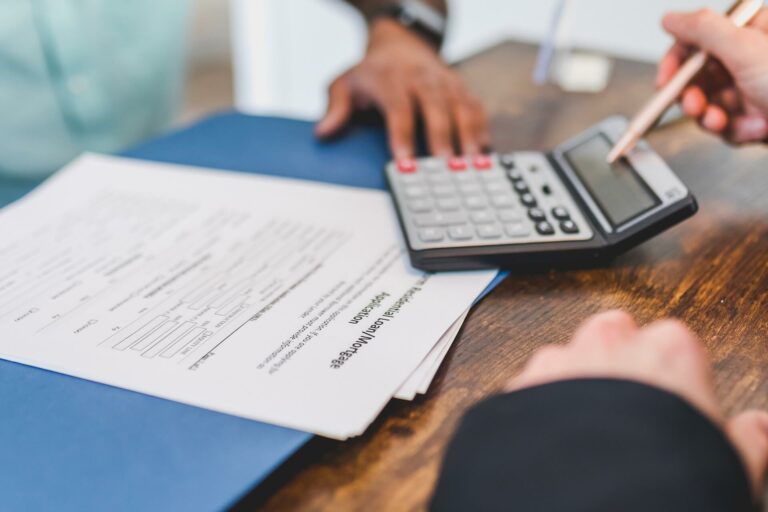
Yes, a bank can sell your loan. This involves transferring the legal rights and obligations of your loan contract to another institution or investor. The original bank sells the right to collect payments and interest from you to another entity.…

When you take out a loan from a bank or other financial institution, you may not realize that the lender has the ability to sell that loan to another company. This transfer of ownership can happen with various types of loans, including mortgages, home equity loans, personal…
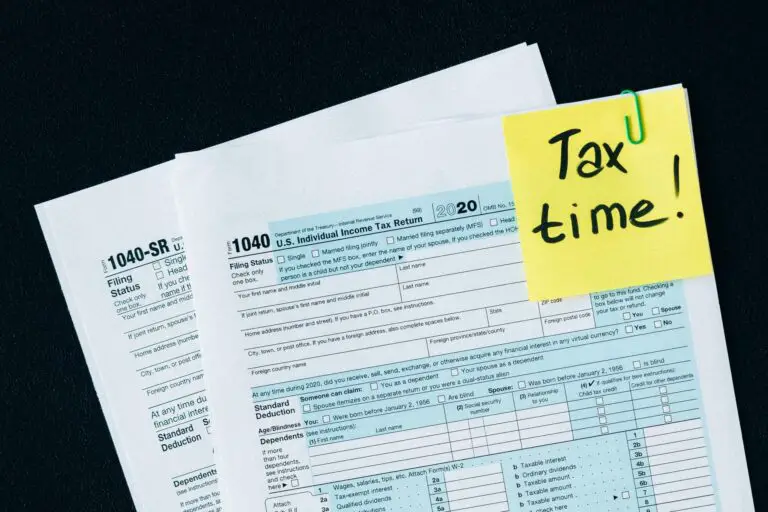


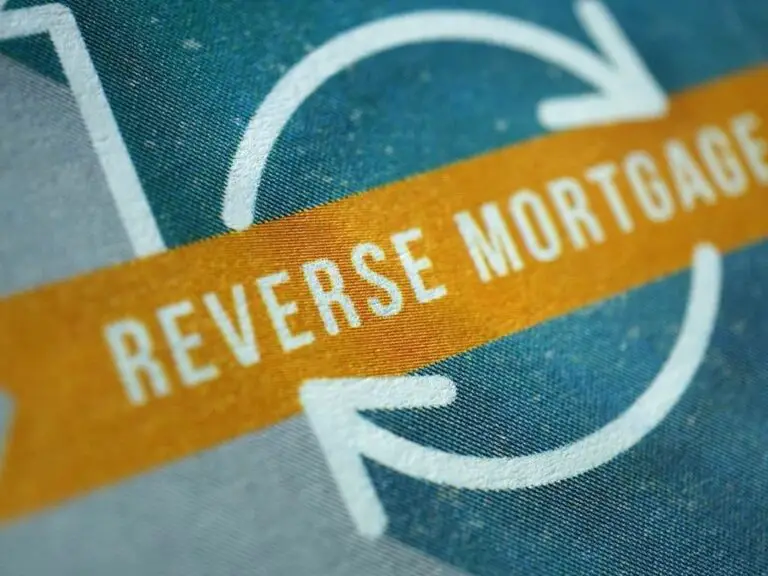
A reverse mortgage allows eligible homeowners aged 62 and older to convert part of their home equity into cash without having to sell their home or take on a new monthly mortgage payment. It can provide retirees with extra income to help supplement Social Security or meet unexpected expenses. However, reverse mortgages also…

A mortgage is likely the largest loan you’ll ever take out in your lifetime. With so much at stake, it’s important to understand the key differences between mortgage companies and banks when choosing where to get your home loan. While…
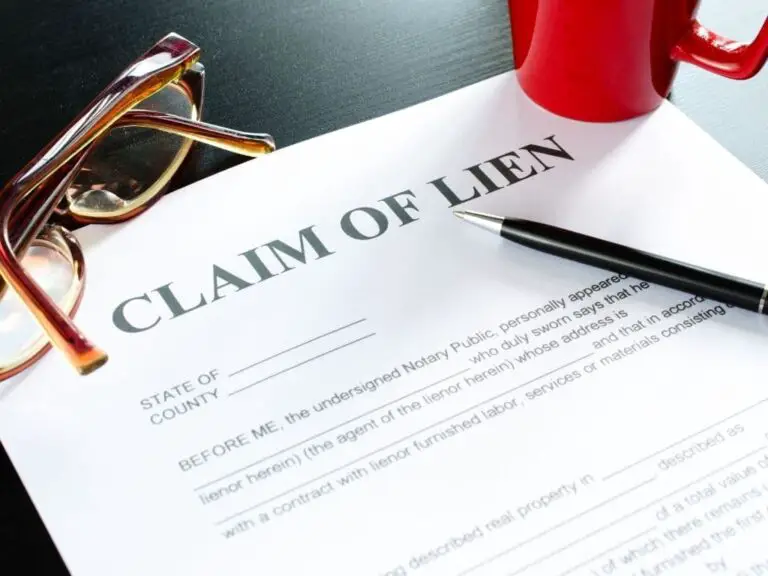
A voluntary lien is a type of lien that a property owner voluntarily grants to a creditor. One of the most common types of voluntary liens is a mortgage. A mortgage is a loan used to finance the purchase of…

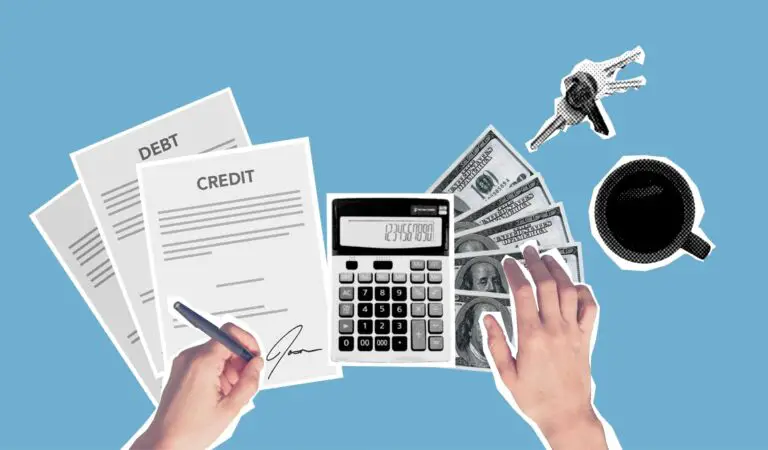
A mortgage agreement is a legal contract between a lender and a borrower that establishes the terms of a loan used to purchase real estate. The mortgage agreement allows the lender to claim rights to the property if the borrower…
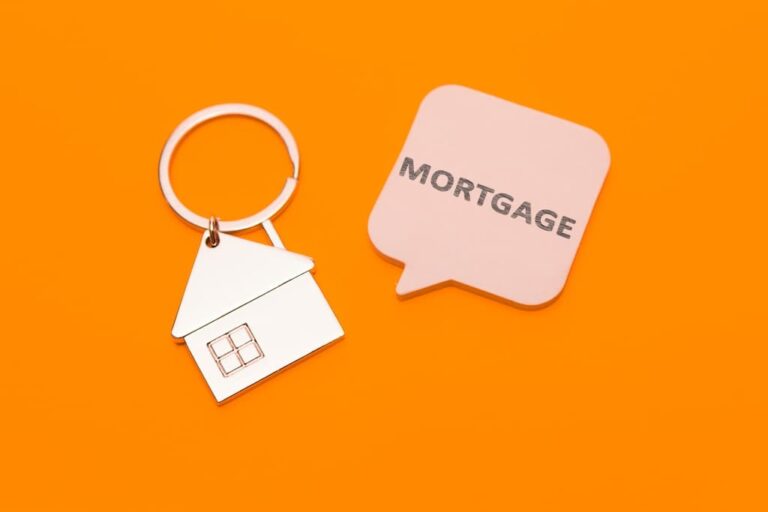
Mortgage assumption is the process of legally transferring an existing mortgage loan from the seller of a home to the buyer. When a mortgage is assumed, the buyer takes over the remaining balance and becomes responsible for repaying the loan.…

Mortgage points, also known as discount points or origination fees, are fees paid to a lender to reduce the interest rate on a home loan. Whether or not these upfront fees are tax deductible depends on your specific situation. So are mortgage points tax deductible?…

An encumbrance is any right or interest in a property that limits its use or transfer. It reduces the value of the property by creating obligations for the property owner. Encumbrances can be voluntary, like taking out a mortgage, or…

Whether you recently purchased a home or have owned one for years, knowing if your mortgage is federally backed can be critically important. Federally backed mortgages come with certain protections and programs that can assist homeowners, especially during difficult financial times. If you’re not sure about…